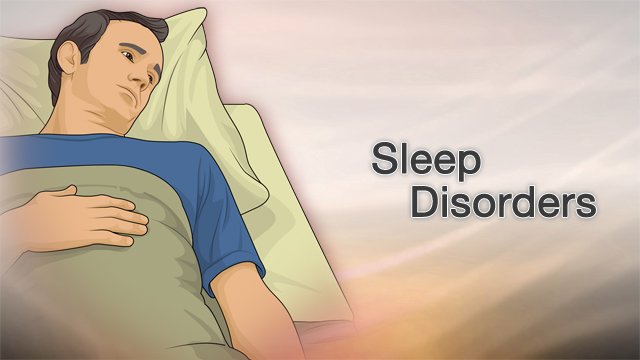Sleep disorders are a group of conditions that affect the ability to sleep well on a regular basis. Whether they are caused by a health problem or by too much stress, sleep disorders are becoming increasingly common in the United States.
In fact, more than one-third of adults trusted sources in the United States report getting fewer than 7 hours of sleep in a 24-hour period. More than 70 percent of trusted sources of high school students report getting fewer than 8 hours of sleep on weeknights.
Most people occasionally experience sleeping problems due to stress, hectic schedules, and other outside influences. However, when these issues begin to occur on a regular basis and interfere with daily life, they may indicate a sleeping disorder.
Depending on the type of sleep disorder, people may have a difficult time falling asleep and may feel extremely tired throughout the day. The lack of sleep can have a negative impact on energy, mood, concentration, and overall health.
In some cases, sleep disorders can be a symptom of another medical or mental health condition. These sleeping problems may eventually go away once treatment is obtained for the underlying cause.
When sleep disorders aren’t caused by another condition, treatment normally involves a combination of medical treatments and lifestyle changes.
It’s important to receive a diagnosis and treatment right away if you suspect you might have a sleep disorder. When left untreated, the negative effects of sleep disorders can lead to further health consequences.
They can also affect your performance at work, cause strain in relationships, and impair your ability to perform daily activities.
There are many different types of sleep disorders. Some may be caused by other underlying health conditions.
- Insomnia
- Sleep apnea
- Parasomnias
- Restless leg syndrome
- Narcolepsy

